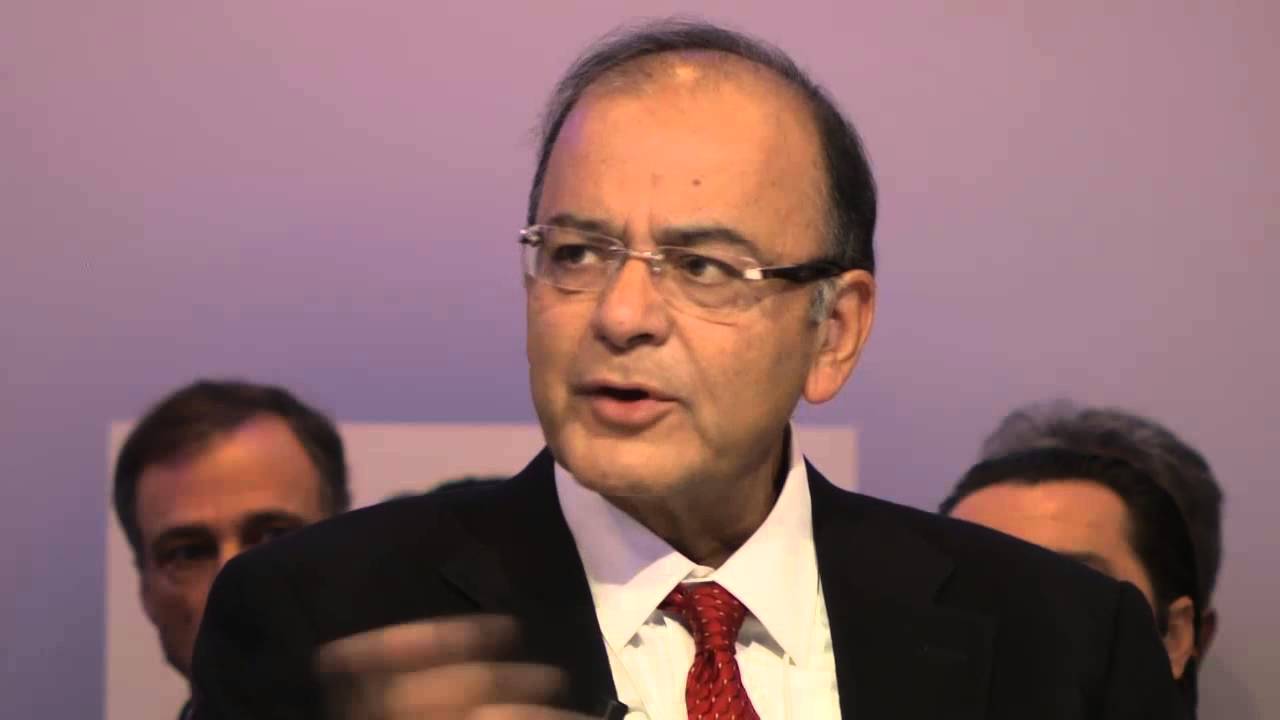GST shouldn’t be fiscal socialism
Ravi Shanker Kapoor | July 2, 2017 11:35 am

Prime Minister Narendra Modi has tried to sell the new goods and services tax (GST) as “good and simple tax,” and Finance Minister Arun Jaitley has tried to present as a pro-poor tax. How good it proves to be will only be known after a few quarters, but it is certainly not simple. Worse, the constitutional rectitude and robustness of the vehicle, GST Network, is under a cloud. Still, worse, and more worrisome, is the political philosophy that has shaped the elements of GST—socialism.
To begin with, there is the issue of complexity. There are three layers (CGST, IGST, and SGST), six slabs of taxation, (0, 3, 5, 12, 18, 28, and 40 per cent), and procedural rigors. A businessman has to file 37 forms per year if the good or service is sold in the same state; if n number of states are involved, the number goes up to 37 times n.
Then there is the typical bureaucratic mischief of introducing confusion, ambiguity, and thus discretion in the system. Roasted coffee and instant coffee have different rates; pastries, sweet biscuits, and cakes have one rate, while the same items with chocolate or chocolate coating have another; shoes below Rs 500 are taxed at 5 per cent, whereas those more than Rs 500 attract 18 per cent. Similarly, cheaper garments will be taxed at a lower rate, while costlier ones at a higher rate. Evidently, those in charge of the nitty-gritty neither had any idea about how businesses are run nor any concern for the businesspersons who would go crazy complying with these insane regulations. So much for the ease of doing business.
As if this were not trouble enough, there is the provision of the National Anti-Profiteering Authority (Napa)—whose very existence is the negation of what economic reforms are all about. The GST Act says, “Any reduction in rate of tax on any supply of goods or services or the benefit of input tax credit shall be passed on to the recipient by way of commensurate reduction in prices.” Otherwise, the Napa will act against them. The penalties range from fines to the shutting down of the enterprise.
Modi fancies himself as a post-Nehruvian Prime Minister, as somebody from outside the socialist ecosystem that Lutyens Delhi nurtured for about half a century. What he doesn’t realize, though, is that fact that the term ‘profiteering’ is the part and parcel of the heyday of socialism in our country, when it. There is no such thing as profiteering.
Different rates have been justified by Jaitley on the grounds of equity. Direct taxes are progressive, as people with different income groups pay in accordance with their incomes; the rich at a higher rate; those with humbler means pay at a lower rate. But indirect taxes are “regressive,” the Finance Minister said while talking to a news channel: the rich as well as the poor pay the same price for the same goods and services. Therefore, the argument goes, the services that are primarily used by the rich attract higher rates, while those used by the poor and common people are taxed at lower rates; and there is big basket which doesn’t get taxed at all.
In a country where collectivist doctrines rule the roost, where everybody claims that their heart bleeds for the poor, the Robin Hood logic gets wide applause. But the questions that the Finance Minister, and others, ought to answer are: is it a crime to be rich? If somebody has gathered wealth by using their intelligence and diligence, why should they be punished for their enterprise and exertion? Can you make the taxation regime in tune with socialist dogmas and expect to attract investors? Further, can you claim to be reform-oriented while promoting fiscal socialism?
Many of the specters, ghosts, and vampires of the socialist era are haunting India. One hopes that GST doesn’t become their vehicle to enter the economy.































